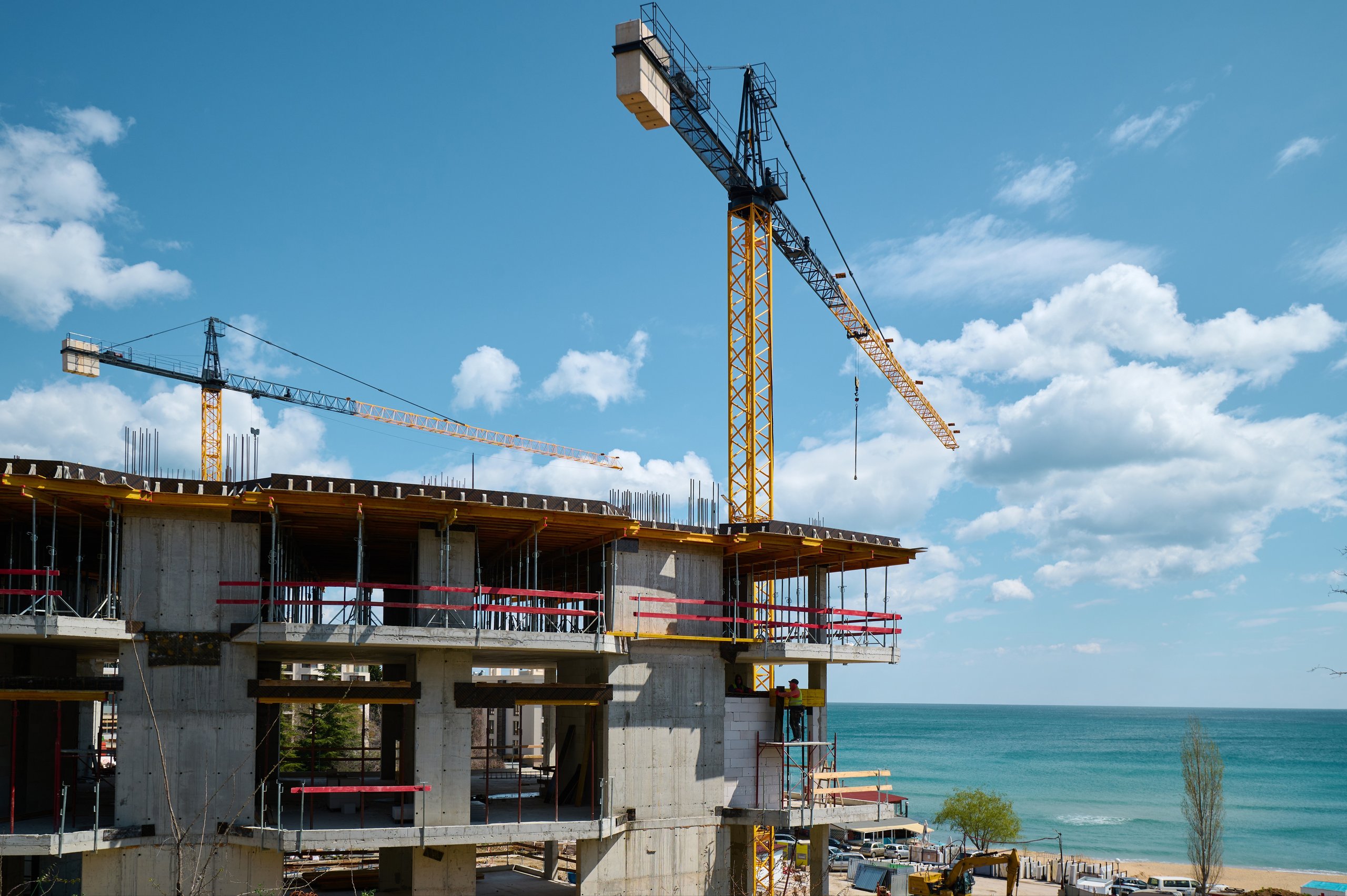Reading the news headlines, you might get the impression that owning a home in a blissful corner of Europe isn’t the bed of roses it once was. These days we have to deal with tighter rental controls, higher property taxes, post-Brexit visa requirements and in some areas, hostility towards foreign-owned properties. Indeed, some of these issues are arising in the UK too, with steep Council Tax rises for second homes.
So, is having a residence abroad still worthwhile? To help you see that, done properly, it really is, we address some common concerns and misconceptions…
It’s getting harder to own a holiday home abroad, right?
Owning a home in Europe remains as accessible as it has ever been – your legal right to buy is well and truly secure. In a few smaller states, including Malta and Switzerland, second home ownership is allowed by non-EU citizens but only in certain areas and is carefully controlled. Elsewhere, some non-EU destinations have temporary measures in place. These include Canada, Australia and New Zealand, where non-resident real estate purchasers are limited or prohibited.
In recent months you’ll have seen headlines coming from Spain and some other EU countries about proposals to ban non-EU buyers of holiday homes or levy high taxes on them. Generally, such drastic threats are politically-driven rhetoric with no real legal traction, not to mention in breach of EU convention. If they do come into force, they tend to be toned down, take a good year or two to be passed and those affected have plenty of lead in time to prepare.
Don’t equate property ownership with residency. Simply buying in a country does not automatically entitle you to getting a visa or becoming legally resident there. If you plan to make your property your primary residence and live in it, you still need to apply for residency. Some visa applications, typically investment ones, incorporate a property purchase option.
On the flip side, becoming a resident in an EU country has changed for UK citizens and has arguably got more complicated. Since 1 January 2021 when Brexit kicked in, Britons have needed visas to reside in Europe, just like their US counterparts and other third-country nationals. It doesn’t help that governments tend to tweak the rules for their different visa options. For example, golden visas (a type of investment visa) are becoming less accessible and more expensive generally. Meanwhile, digital nomad visas are increasingly popular with working people wishing to live abroad while continuing to work remotely. Most EU countries have a form of non-lucrative visa. Aimed at retirees and/or people with regular foreign income, these tend to be most popular.
Download the golden visa guide
I’ll get bored holidaying in the same place and won’t use it enough…
Whether this is a valid push-back to buying abroad comes wholly down to your individual approach and expectations. Different people have different objectives and different patterns of use for their second home – and many are perfectly happy visiting once a year or less.
Typically, non-resident foreign owners fit into two camps, or somewhere in-between. There are those whose property is much more than simply holiday accommodation, rather it is a true second home. So somewhere they visit at every opportunity at any time of the year, perhaps spending months at a time, where they slip seamlessly into their ideal way of life. They make the place their own, would never rent to holidaymakers (maybe let family stay) and may well retire there.
Then there are those who think of their property as a lifestyle investment and have a more functional approach. Their property is geared up purely for vacations. When they’re not using it themselves, they will make it available for holiday lets. For many of these people, maximising rental income is a priority so they keep their own visits in high season to a minimum. Some prefer to visit only in low season or some years, not at all.
Either way, they enjoy the freedom of being able to choose where they holiday each year – whether or not they use their holiday home, they know it’s earning them income. Researching the local holiday let market and any regulation governing rentals, including licencing and community rules, before committing to a purchase is critical for these owners.

Get savvy with seasonal use!
Remember, low season is an ideal time to crack on with those odd jobs that accumulate over time. You should have plenty of time to get everything tickety-boo in time for the following holiday season. This is especially important when renting out your property and want to max out bookings in the most lucrative months of high season. Even if it’s not you doing the work, the quieter months are ideal for heading out to your property for a mini-break and organising someone else to do it!
Out of season trips provide the perfect opportunity to explore new places and do fun activities outside of your resort. These are things you wouldn’t dream of doing in the summer when it’s too hot to go traipsing around and your priority is to be horizontal on the beach or terrace. Research the local area and find a festival or event somewhere, or head into a historic town that’s always intrigued you. Foodies should never get bored, picking new restaurants to try.
Not keen on renting to holidaymakers but also want to vacation in other places without feeling guilty about leaving your holiday home empty? Then consider using a home exchange platform, which enable property-owners to swap time at each other’s homes. The exchanges needn’t be done concurrently. Typically, to use these platforms the only cost is a subscription fee, usually paid annually. Examples include the Guardian’s Home Exchange scheme and websites like HomeExchange.com, InterVac-HomeExchange.com and HomeLink.org.
Aren’t there better ways to invest?
Buying overseas tends to be a lifestyle decision as much as a financial one. Most owners don’t expect their second home to outperform every other type of more traditional financial investments; they just need it to be a sensible one. Think like that and you can never lose. In fact, purchase wisely with a long-term view and using the right experts (experienced estate agent, independent lawyer and currency specialist), chances are you’ll realise capital gain.
Just look at the figures. Between 2015 and 2023, house prices across the EU rose on average 48%, according to European Commission data. Focus on areas popular with international homeowners and property values tend to increase more. For instance, homeowners in Spain’s Malaga province, home to the Costa del Sol, saw average prices increase 74% between 2015 and 2025 (National Statistics Institute), equal to an annual average of 7.4% a year. Compare this to UK gilts, a typical fixed income investment, which are currently yielding around 4.5% a year. Meanwhile, investors in UK stocks via a typical FTSE All-Share or FTSE 100 tracker could expect total returns of around 65%-70% (including reinvested dividends) over the last 10-year period depending on the provider.
You might also like:









